The allure of sugar substitutes has never been stronger. Marketed as guilt-free sweetness, artificial and natural non-nutritive sweeteners promise the pleasure of sugar without the calories. But as these products permeate everything from diet sodas to protein bars, scientists are engaged in a heated debate: Are sugar substitutes a harmless tool for weight management, or do they carry metabolic risks we’re only beginning to understand?
The Rise of Sugar Alternatives
Walk down any supermarket aisle, and you’ll find an array of products boasting "zero sugar" or "no added sugar" – often sweetened with substitutes like aspartame, sucralose, stevia, or monk fruit. Their appeal is obvious. For diabetics, they offer blood sugar control. For calorie-conscious consumers, they provide a way to enjoy sweetness without expanding waistlines. Even food manufacturers favor them; many alternatives are hundreds of times sweeter than sugar, requiring minuscule amounts to achieve the same effect.
Yet this very potency raises questions. Some researchers argue that hyper-sweet additives may recalibrate our taste buds, making naturally sweet foods like fruit seem bland by comparison. Others point to studies suggesting that artificial sweeteners might not satisfy cravings the way sugar does, potentially leading to overeating later. The irony? A product designed to curb sugar intake could indirectly fuel it.
Gut Reactions: The Microbiome Factor
Emerging research has spotlighted an unexpected player in the sugar substitute debate: gut bacteria. Several animal studies indicate that certain artificial sweeteners may alter the composition of gut microbiota, potentially triggering glucose intolerance – a precursor to metabolic disorders. While human studies remain limited, the findings are provocative enough that some scientists advise caution, particularly for regular consumers.
Not all sugar alternatives appear equal in this regard. Preliminary evidence suggests plant-derived options like stevia might have less impact on gut flora than synthetic versions. But with long-term human data scarce, many experts call for more rigorous investigation. "We’re tampering with an extremely complex system we don’t fully understand," notes one gastroenterologist studying sweetener effects. "The microbiome isn’t just about digestion – it’s linked to immunity, mood, and metabolism."
The Insulin Conundrum
Another metabolic mystery surrounds artificial sweeteners and insulin response. Conventional wisdom held that because most non-nutritive sweeteners contain no carbohydrates, they shouldn’t affect blood sugar or insulin levels. However, some human trials have detected slight insulin spikes following consumption of certain artificial sweeteners – puzzling given their lack of calories.
One theory suggests the brain plays a role. When we taste sweetness, neural pathways may prime the body for incoming sugar, triggering preparatory insulin release. Without actual glucose arriving, this could theoretically contribute to insulin resistance over time. Yet other studies contradict these findings, showing no significant metabolic changes. The inconsistency leaves both consumers and health professionals in a bind.
Psychological Pitfalls
Beyond physiology, sugar substitutes may influence behavior in counterintuitive ways. The "health halo" effect – assuming a product is nutritious because it’s sugar-free – can lead to overconsumption. Research indicates people often compensate for "saved" calories elsewhere, sometimes choosing larger portions or extra snacks. There’s also evidence that regularly consuming intensely sweet products may reduce satisfaction from less sweet, nutrient-dense foods, subtly shifting dietary patterns.
Psychologists note another wrinkle: moral licensing. When people choose a diet soda, they may unconsciously "permit" themselves a cheeseburger, negating potential benefits. These behavioral dimensions complicate the simple calorie math that initially made sugar substitutes attractive.
A Nuanced Verdict
Current evidence suggests sugar substitutes aren’t the uncomplicated solution once imagined, nor are they universally dangerous. Context matters enormously – an occasional diet soda drinker faces different considerations than someone consuming multiple artificially sweetened products daily. Individual factors like existing metabolic health, genetics, and overall diet quality further muddy the waters.
For now, many nutrition scientists advocate a middle path: using sugar alternatives judiciously as transitional tools while working to reduce overall sweetness preferences. As one researcher puts it, "The healthiest sweetener strategy may be cultivating appreciation for flavors beyond just sweet." Until more definitive answers emerge, moderation and variety appear to be the wisest approach to navigating this increasingly complex landscape.

By /Jun 5, 2025

By /Jun 5, 2025

By /Jun 5, 2025
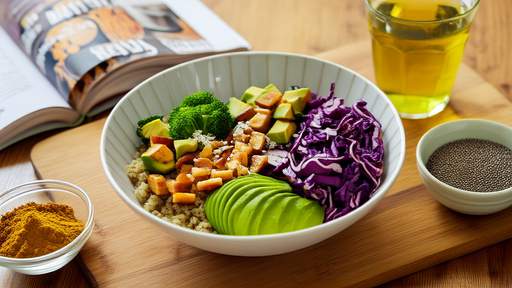
By /Jun 5, 2025

By /Jun 5, 2025

By /Jun 5, 2025

By /Jun 5, 2025
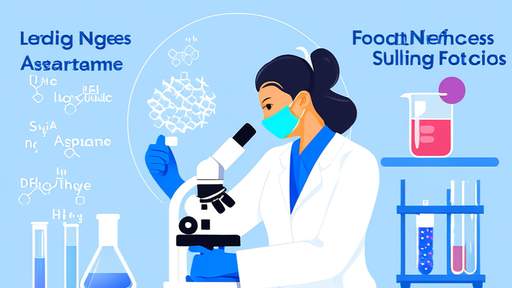
By /Jun 5, 2025

By /Jun 5, 2025
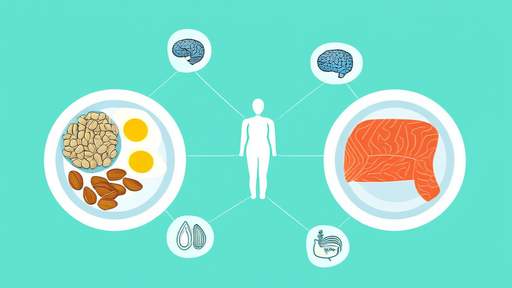
By /Jun 5, 2025
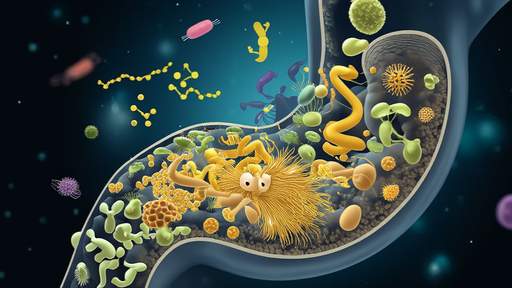
By /Jun 5, 2025
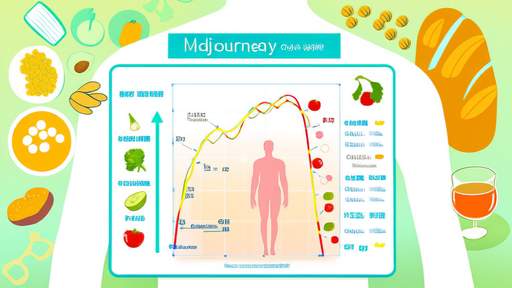
By /Jun 5, 2025
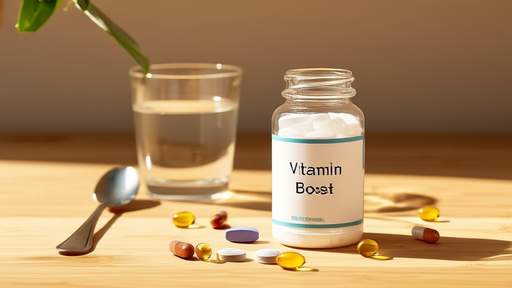
By /Jun 5, 2025

By /Jun 5, 2025

By /Jun 5, 2025

By /Jun 5, 2025

By /Jun 5, 2025

By /Jun 5, 2025

By /Jun 5, 2025

By /Jun 5, 2025